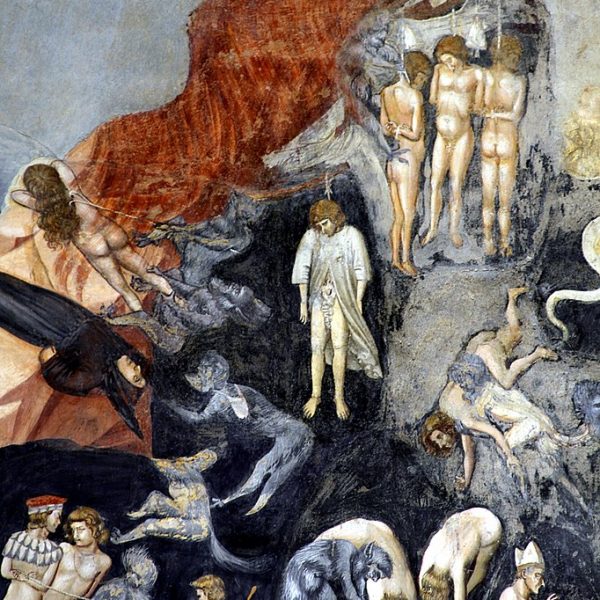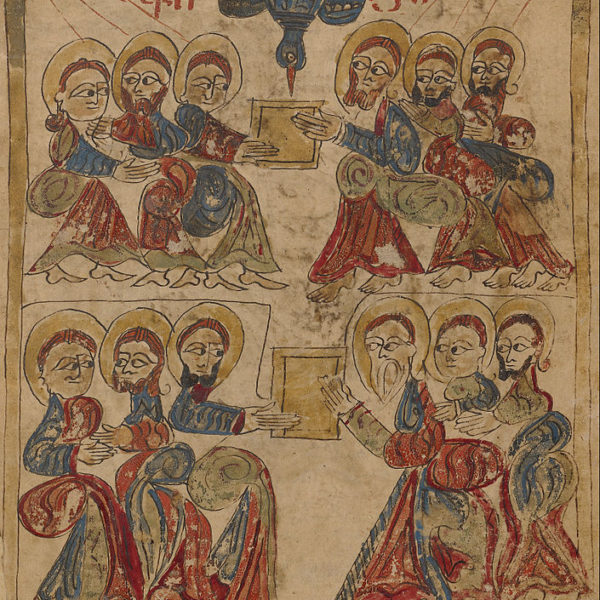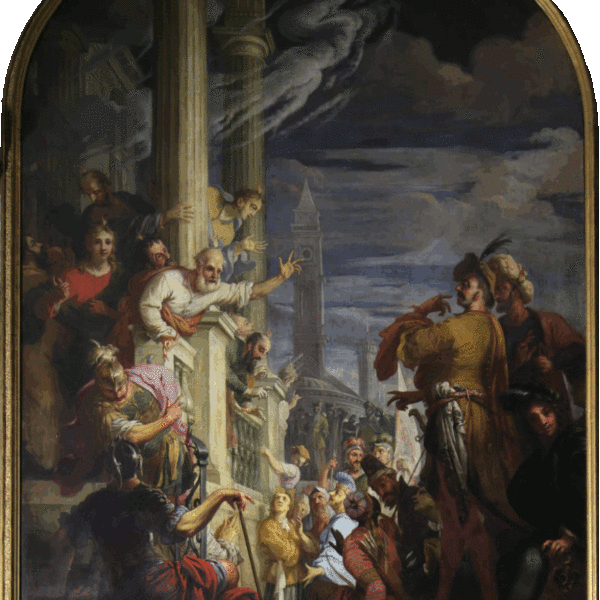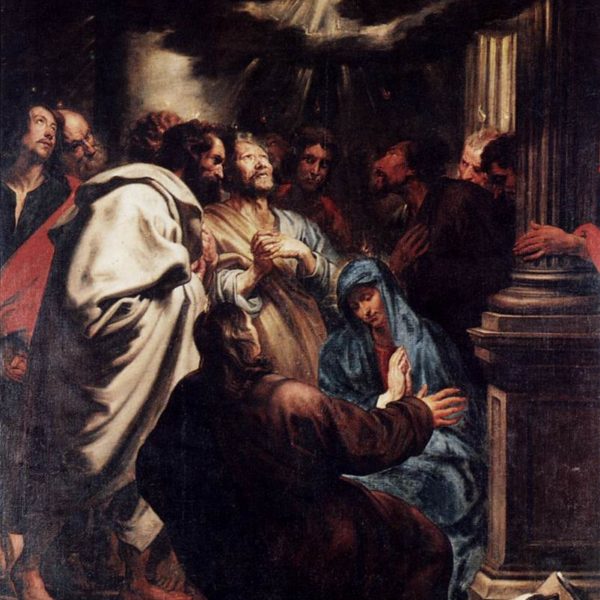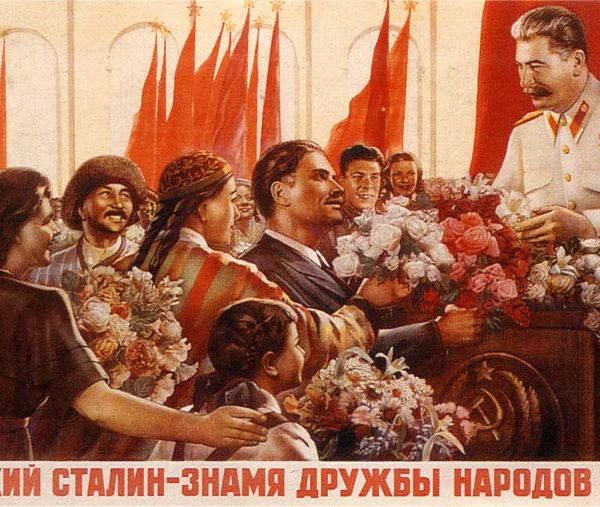
A Pentecostal revival of justice would bear all of the hallmarks of Luke’s story. In quick order the Spirit-driven church of Acts established a community where nobody was lacking. A revival today could bring that same ecstatic joy and establish a community oriented toward justice.
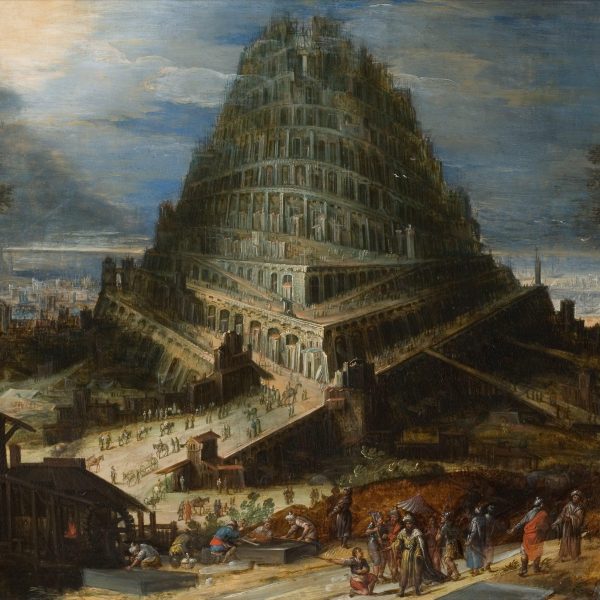
Rather than portraying human difference as the punishment of God, Babel and Pentecost are complementary stories, each highlighting God’s intention for cultural and linguistic diversity. As we draw near to Pentecost Sunday, may we also consider the inherent value of language as a cultural identity marker and partner as advocates for language preservation.
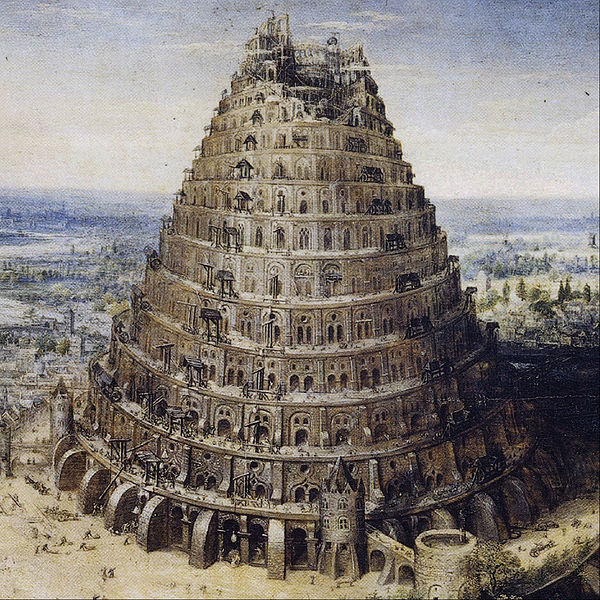
As the people of Pentecost, our political vocation is to manifest the reality of God’s worldwide kingdom, to be a place where the enmity between peoples is overcome and the many tongues of humanity freely unite in the worship of their Creator. Amidst the Babelic projects of the ages, the Church proclaims by its existence that the kingdom belongs to God, that there is no other true ruler over all the nations.




